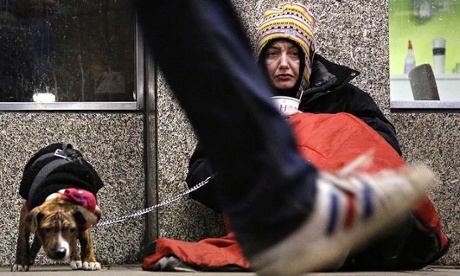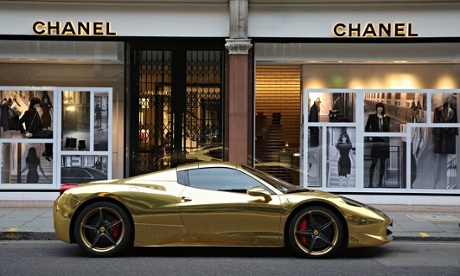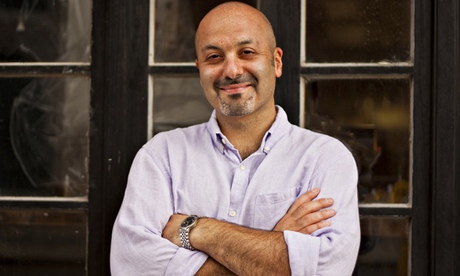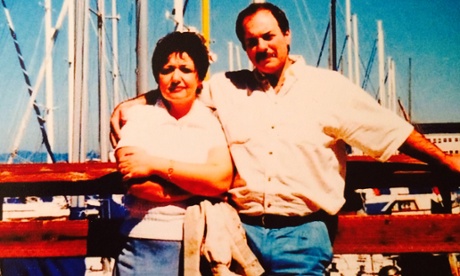Corporations are not people, so don't let them guilt you into tipping the maid
Gratitude is a very good thing. It makes us happy. But this is what happens when Marriott and the corporate do-gooder police co-opt your feelings

If I still somehow retained any capacity to be surprised by the tone-deafness of corporate America, I imagine I’d be pretty taken aback by the news that Marriott International has joined forces with a nonprofit called A Woman’s Nation to launch The Envelope Please, a campaign to encourage hotel guests to leave “tips and notes of thanks for hotel room attendants” in envelopes that Marriott will graciously provide. (You can contribute to Marriott’s marketing budget – sorry, I meant “donate to A Woman’s Nation”! – here.)
As New York magazine’s Annie Lowery and others have pointed out, tipping is a terrible way to try to improve the lot of hotel housekeepers, whose work is stressful, debilitating, unseen and badly paid. On the one hand, tipping is basically useless as a way of encouraging good work; on the other hand, it’s incredibly useful as an excuse for employers to avoid raising wages. In the words of the National Review – and how often does one quote the National Review approvingly when not under the influence of massive quantities of hallucinogenic drugs? – “how about just paying them more?”
Corporate do-gooding efforts, with their obvious potential for ulterior motives, frequently arouse this sort of scornful reaction. (If you’ve ever felt guiltily irritated by a request to donate to charity at the pharmacy or supermarket checkout, you’ll know what I mean.) But there’s something especially irritating about the way that Marriott and Maria Shriver, founder of A Woman’s Nation, have characterized the campaign as an opportunity for guests “to express their gratitude”. “I hope this gratitude initiative will make these women feel seen and validated,” Shriver was quoted as saying.
There’s no doubt about it: gratitude is a very, very, very good thing. The sheer weight of psychological research testifying to this truth isn’t really disputable at this point: it’s associated with increased happiness; increased savoring of positive experiences; better self-worth and self-esteem; more ethical behavior and the nurturing of social bonds. Gratitude journals, despite sounding like the pinnacle of Oprah-esque cheesiness, truly work, if you do them right, by briefly listing a small number of things for which you’re grateful in a notebook each day. And you should probably try keeping one. (You don’t need to tell anyone you’re doing it.)
Yet despite these many benefits – or more accurately, perhaps, because of them – the corporate co-opting of gratitude is something we should resist with every sinew. If you need persuading of this argument, just look at what happened to fun when it started getting used as a weapon in the arsenal of consultants who promised to transform company cultures for the better. Fun (by definition, I suppose) is great. “Fun” imposed by managers on employees, by contrast, is excruciating. It damages productivity, fosters resentment, and generally isn’t remotely fun.
It’s horribly easy to see gratitude heading in a similar direction. Take something good and selfless, then promote it for self-interested reasons, and you seem unavoidably to corrode or cheapen the thing itself. Gratitude has to be “authentic and autonomously derived” if it’s going to have beneficial effects, says the University of California psychologist Sonja Lyubomirsky, who’s led several of the most important studies on the topic so far. “There’s plenty of research showing that when you do something, you have to be the one who chose to do it” in order to reap the benefits. The more you feel guilted into demonstrating gratitude, the less it makes sense to call it gratitude at all.
New data that Lyubomirsky is preparing for publication, she adds, shows that gratitude can trigger negative emotions as well as positive ones. “Though it does make people happier and uplifted, it can also make people feel more guilty, more indebted, more embarrassed and uncomfortable.”
This shouldn’t come as a huge surprise: gratitude belongs to the complex, messy world of real human relationships, where things often don’t conform to the monotone cheer that a branding effort – and that’s all The Envelope Please is, really – seeks to instil. Even if Marriott does succeed in generating waves of gratitude on the part of its customers, it may find they end up associating less-than-positive emotions with its brand.
Oh, by the way: Marriott International’s chief executive, Arne Sorensen, made about $7m in 2012. I just thought you might be grateful for that information.








